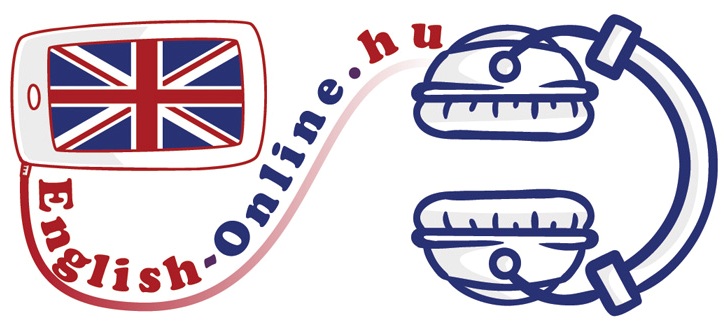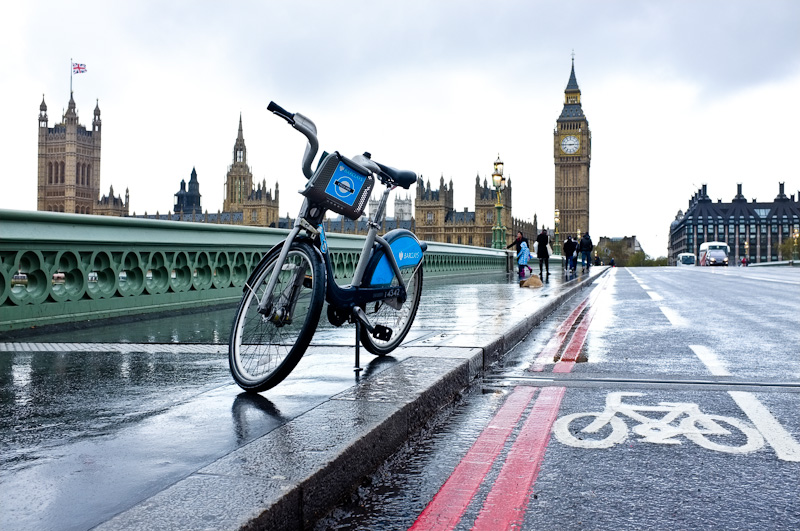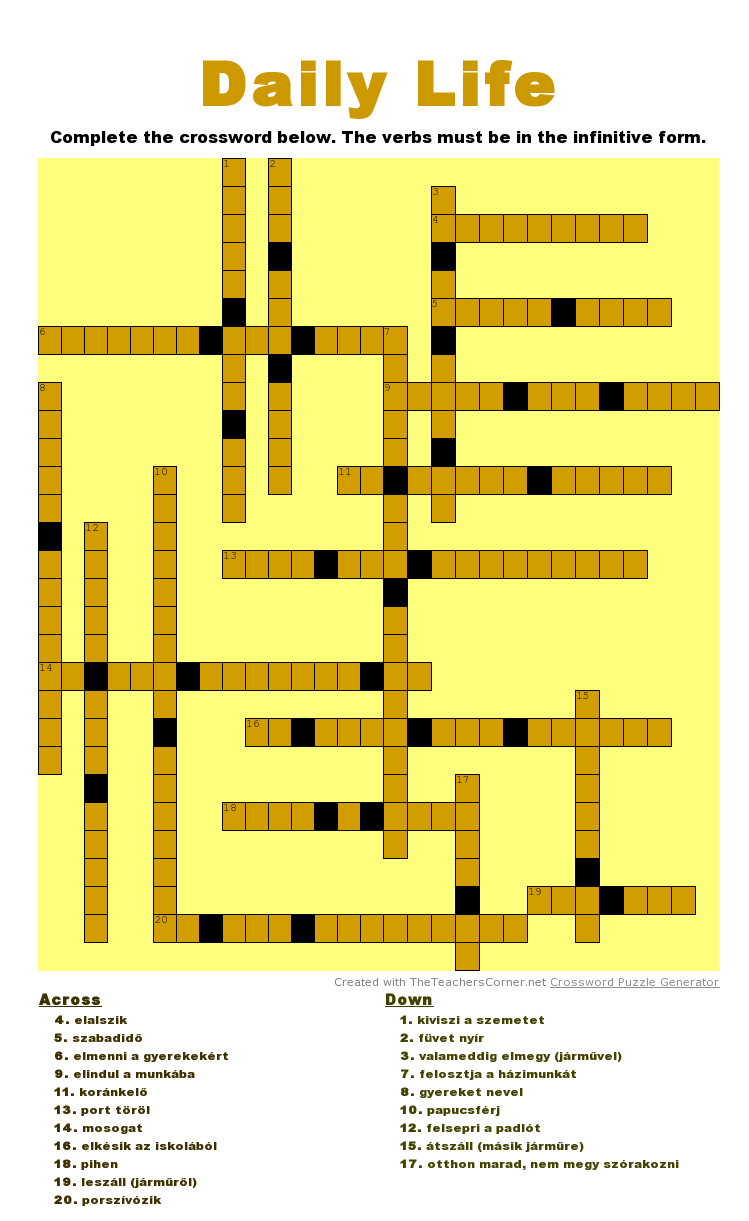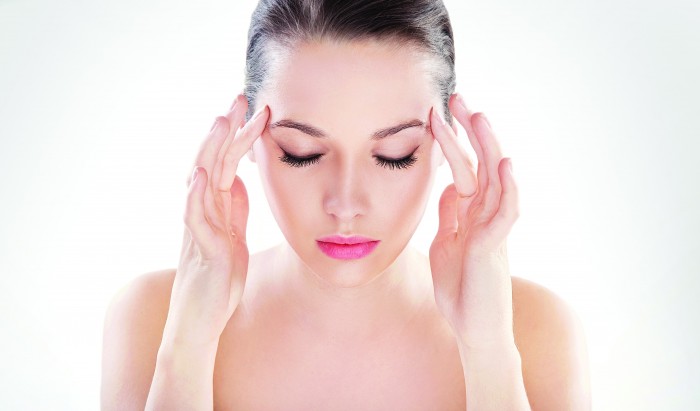Olvasd el a cikket és oldd meg a szöveg végén az IGAZ/HAMIS állításos feladatot. Ha a szöveg szerint a mondat helyes, TRUE-val jelöld, ha nem, FALSE-ként értékeld.
A NAPÉGÉSSEL KAPCSOLATOS segítő SZÓSZEDETet narancssárgával szedve találod a feladat alatt.
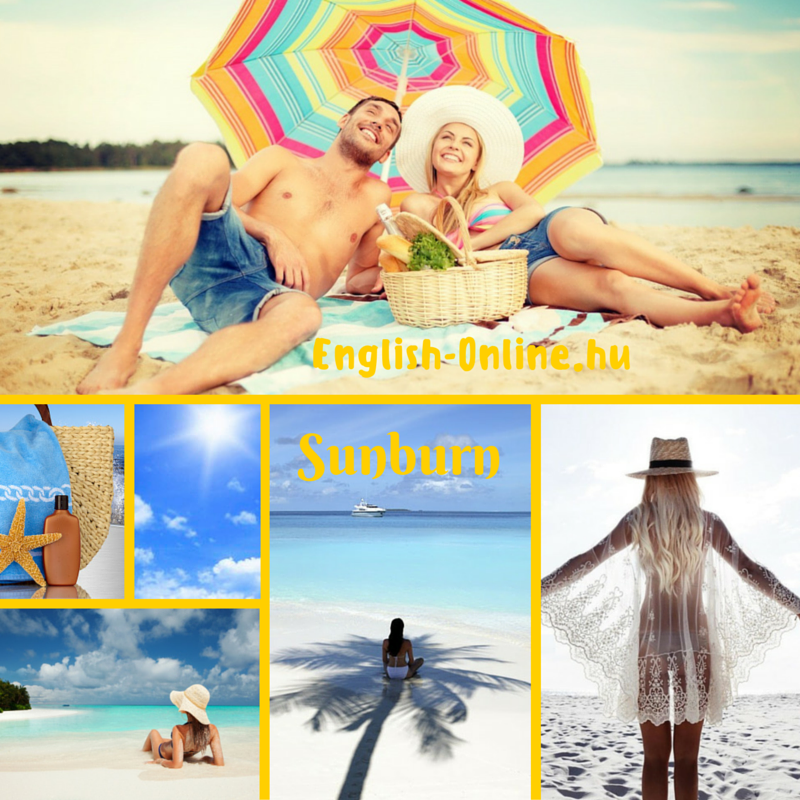
BURNING ISSUES
Painful, unsightly, ageing, dangerous to health...
and completely preventable -
we ask dermatologists the best ways to avoid getting sunburnt
and how to minimise the damage if you do
Roughly a fifth of Britons regularly go out on even the hottest and sunniest days of the year without sunscreen. Given that, it is hardly surprising that a recent survey by Nivea found that around 80 per cent of us have been sunburnt in the past.
Yet quiz the same people about the negative effects of sun exposure and they are likely to be able to list them. It is certainly no secret that spending too much time in the sun causes premature ageing, not to mention the danger sunburn presents to long-term health. Rates of malignant melanoma - the deadliest form of skin cancer - are disproportionately high in younger people and the disease is almost twice as common in young women as it is in similarly aged men.
"Sunburn is an acute reaction in the skin that follows excessive overexposure to ultraviolet (UV) radiation. It causes direct damage to DNA, resulting in inflammation and death of skin cells," explains consultant dermatologist and British Skin Foundation spokesperson Dr Anjali Mahto. "The risk is higher in equatorial areas or at altitude , particularly in those with fair skin types. Sunburn in childhood or adolescence can double the risk of developing melanoma in later life.
Keeping yourself safe is simple, however. Dermatologist Dr Stefanie Williams, founder and medical director at private clinic European Dermatology London, has some straight-talking advice for preventing sunburn. "If you are serious about keeping your skin in top shape, sunscreen should be worn on a daily basis, even here in the UK," she says. "While you might not get sunburnt, your skin can still be exposed to significant amounts of UVA without even noticing. Used regularly, sunscreen even allows the skin to repair some of the existing damage.
"In a hot climate you must reapply every two hours and always apply liberally. For the best defence, I recommend a broad-spectrum protection with SPF (UVB) 30-50 and high UVA protection, plus sun avoidance, of course.
Cancer research UK is also keen to get the message across and has joined forces with Nivea to encourage people to be more sun safe. It recommends taking the following steps, which together make up the easy to remember CARE acronym:
1. C - COVER UP: Wear a T-shirt, hat and sunglasses.
2. A - AIM FOR SHADE: Stay out of the sun between the hours of 11am to 3pm in the UK.
3. R - RUB ON SUNSCREEN: Use plenty, with at least an SPF15 and a 4-star rating.
4. E - ENJOY: Have fun in the sun safely.
But what action can you take if you accidentally overdo it in the sun? According to Dr Mahto, here are the dos and don'ts for
TREATING SUNBURN:
1. POP A PILL: "Painkillers can help relieve the pain and reduce inflammation caused by sunburn. Nonsteroidal anti-inflammatory drugs such as ibuprofen are ideal and should be continued for a period of at least 48 hours if there are no contraindications. Paracetamol will help with pain, but has little effect on inflammation."
2. COOL DOWN: "Apply a cool compress to the skin - you could try a towel dampened with cool water - for fifteen minutes. Or take a cool bath or shower. Aim to keep the temperature just below lukewarm and make sure the shower has a gentle flow of water, rather than being on full power. If blisters are starting to develop the a bath is preferable to a shower. Do not rub your skin with a towel; instead gently pat it dry when you get out.
3. SOOTHE YOUR SKIN: "After a bath or shower, use an unperfumed cream or lotion to soothe the skin. Repeated applications are necessary to reduce the appearance of peeling and you may need to continue repeat applications for several weeks. Aloe vera is a good choice; it not only has a cooling effect on the skin but also acts as an anti-inflammatory."
4. TRY A STEROID CREAM: "Using a weak steroid cream such as 0.5-1 per cent hydrocortisone for 48 hours may decrease pain and swelling caused by sunburn and speed up the healing process. This is best avoided in small children, however."
5. DO NOT POP: "Leave blisters alone. Try not to pop them, as this can lead to infection and scarring. They will settle by themselves after a few days. In the meantime, treat the skin gently.
(Adapted from the British Press)
READING COMPREHENSION EXERCISE:
READ THE ARTICLE AGAIN AND THEN MARK THE STATEMENTS BELOW TRUE OR FALSE.
You can use the GLOSSARY under the statements to help you.
1. British people are not at risk of getting sunburnt.
2. People in Britain get sunburnt because they don't know about the harmful effects of sunlight.
3. The worst type of skin cancer is more frequent among women than men.
4. Malignant melanoma occurs at young age.
5. Getting sunburnt is more likely if you have lighter skin.
6. It is only necessary to put on sunscreen when the sun is shining.
7. In the acronym CARE the letters stand for Cream to Avoid Radiation Exposure.
8. In hot climate you have to apply sunscreen twice a day.
9. In case you start having blisters, it is best to have a cold bath.
10. You must never pop your blisters or else they will still be visible after healing.
SUNBURN GLOSSARY:
sunscreen= naptej, napolaj
sunburnt= leégett
sun exposure= napsugárzásnak való kitettség
premature ageing= korai öregedés
sunburn= napégés
malignant melanoma= fekete bőrrák
skin cancer= bőrrák
excessive overexposure= túlzott kitettség a napnak/napsugárzásnak
(UV) radiation= ultraibolya sugárzás
damage to DNA= DNS károsodás
inflammation= gyulladás
skin cells= bőrsejtek
dermatologist= bőrgyógyász
fair skin types= világos bőrtípusok
risk of developing= kialakulásának kockázata/veszélye
preventing sunburn= napégés megakadályozása/megelőzése
keeping your skin in top shape= csúcsformában tartani a bőrt
on a daily basis= napi szinten
reapply= újra felvisz/beken
apply liberally= bőségesen visz fel (krémet)
broad-spectrum protection= széles spektrumú védelem
SPF= sun protection factor= naptej faktorszáma
UVB= ultraviolet B (short-wave)= közepes hullámhosszú ultraibolya sugár
UVA= ultraviolet A (long-wave)= nagy hullámhosszú ultraibolya sugár
sun avoidance= nap elkerülése
sun safe= napvédett
COVER UP= takard be magad
AIM FOR SHADE= igyekezz az árnyékba
RUB ON SUNSCREEN= dörzsölj be naptejet
overdo it in the sun= túl sok időt tölt a napon
dos and don'ts= tanácsok arra, hogy mit tegyünk és mit ne
TREATING SUNBURN= napégés kezelése
POP A PILL= tolj be egy pirulát
relieve the pain= enyhíti a fájdalmat
reduce inflammation= csökkenti a gyulladást
anti-inflammatory drugs= gyulladáscsökkentő gyógyszerek
contraindications= ellenjavallatok
COOL DOWN= hűtsd le
apply compress to the skin= gyakorolj nyomást a bőrre
a towel dampened with cool water= hideg vízben megnedvesített törölköző
lukewarm= langyos
gentle flow= gyenge folyás
blisters= hólyagok
rub your skin= dörzsöli a bőrt
pat it dry= felitatja a nedvességet gyengéd ütögetéssel
SOOTHE YOUR SKIN= nyugtasd meg a bőröd
unperfumed cream or lotion= illatmentes krém vagy testápoló
Repeated applications= ismételt felvitel (krémé)
peeling= hámlás
TRY A STEROID CREAM= próbálj egy szteroidos krémet
decrease pain and swelling= csökkenti a fájdalmat és a püffedtséget
speed up the healing process= felgyorsítja a gyógyulási folyamatot
DO NOT POP= ne nyomd ki
infection and scarring= fertőzés és hegesegés
settle= megnyugszik, visszahúzódik, lelapul
treat the skin gently= bánj gyengéden a bőröddel
Hogy tetszett a szövegértés feladat?
Ha megért egy LIKE-ot, nyomj egy LIKE-ot! :D
Magánórát vennél? ITT léphetsz kapcsolatba velem.
Szókincsbővítő feladatot ITT találsz!
Nyelvtani posztot ITT!
Szövegértést ERRE!
Listeninget? ÍME!
Cheers,
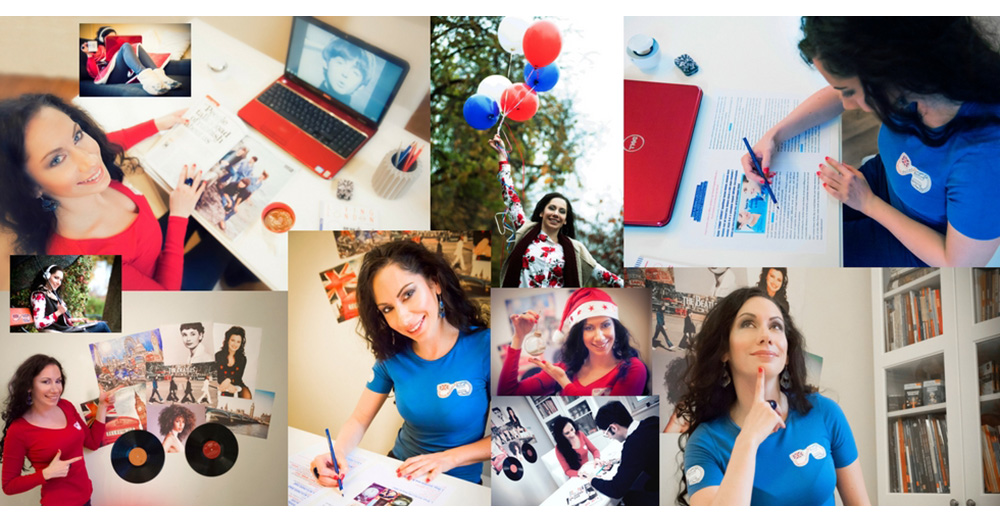
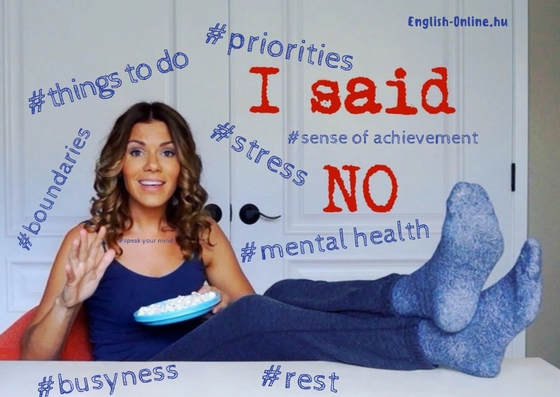
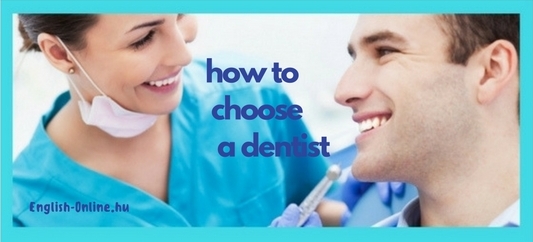

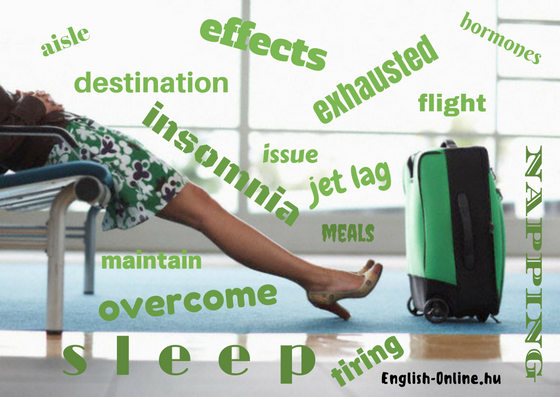
 nyelvoktató csatornámra!
nyelvoktató csatornámra!